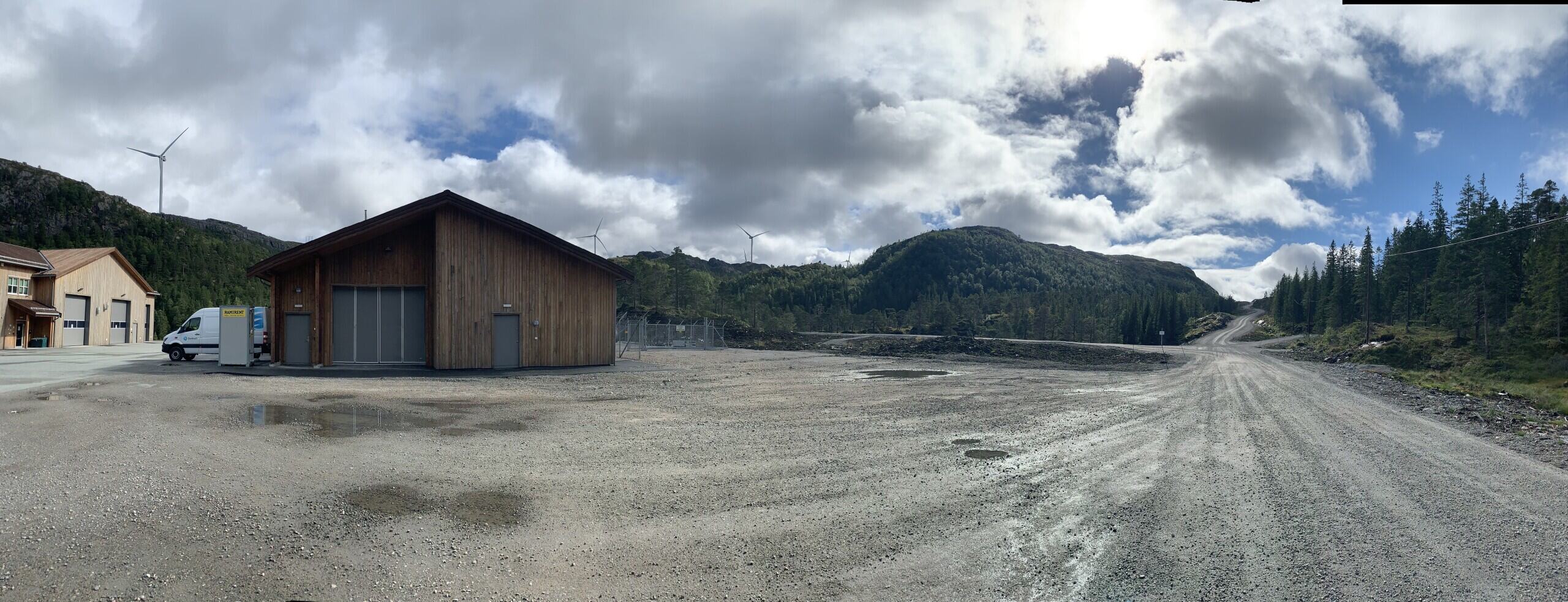The Arctic Institute's Arctic Extractivism Series 2024: Conclusion

Wind mills in Bessakerfjellet vindkraftverk in Åfjord municipality, Norway. Photo: Shayan Shokrgozar
Extractivism as a field of study is considered to be future-oriented. Yet for many communities around the world and in the Arctic, extractivism is already part of their pasts and presents.
Over the past two months, The Arctic Institute’s Extractivism Series 2024 has explored a multitude of community responses to extractivisms in a range of forms, putting into conversation researchers protesting deep sea mining with members of the Sámi Parliament, each highlighting the profound consequences these activities have for the Arctic’s environment and Indigenous peoples living there.
This series began with a discussion on how deep-rooted colonial dynamics are long-reaching, influencing the Arctic today, and how the competition for Arctic resources disrupts the lands and lives of Arctic Indigenous communities. These historical injustices must be recognized at all levels of governance, with the need for collaboration between Indigenous communities, governments, and international organizations becoming ever more urgent. Contributors call for integrating Indigenous knowledge into climate policy throughout the series, as the Arctic faces increasing changes and challenges, and it is more critical than ever to ensure that Indigenous peoples are at the center of decision-making processes, and that their expertise is not just acknowledged, but actively incorporated. The visions introduced by the series authors challenge the traditional extractivist mindset, which exists within and reinforces inequalities, underscoring that the race for Arctic resources is not just a battle over minerals or oil—it is a fight over the sovereignty and survival of Indigenous cultures.
Extractivism, as a paradigm, depends not only on capital accumulation, but also the centralization of power. It is enabled and thrives within relational power disparities, reaching into the realms of knowledge production and decision-making. From understanding how the scientific community’s role in deep-sea mining highlights the importance of responsible knowledge production and dissemination, to analyzing how cartography, if we are not careful, can serve as a tool of extractivism, the contributors ask us to reflect on who benefits from scientific knowledge and who is left out of decision-making processes.
The series ends with a description of the “triangle of extraction,” on the Sámi lands within Russia’s borders, serving as a poignant reminder of the growing threats posed by green colonialism. As the global pressures encourage a shift towards renewable energy, requiring mineral extraction and land use changes, we must avoid repeating the mistakes of the past, by making space for genuine collaboration with local communities. This series has shown us that sustainable, inclusive practices are possible, but they require a fundamental shift in how we approach resource management in the Arctic.
We must rethink extractivism itself – moving away from short-term economic gain and toward long-term sustainability, and hold governments and corporations whose actions affect the very fabric of Arctic societies accountable. The future of the Arctic must be shaped by those who know it best—the Indigenous peoples whose cultures and histories, lives and livelihoods are intertwined with the lands, waters and resources of the region.